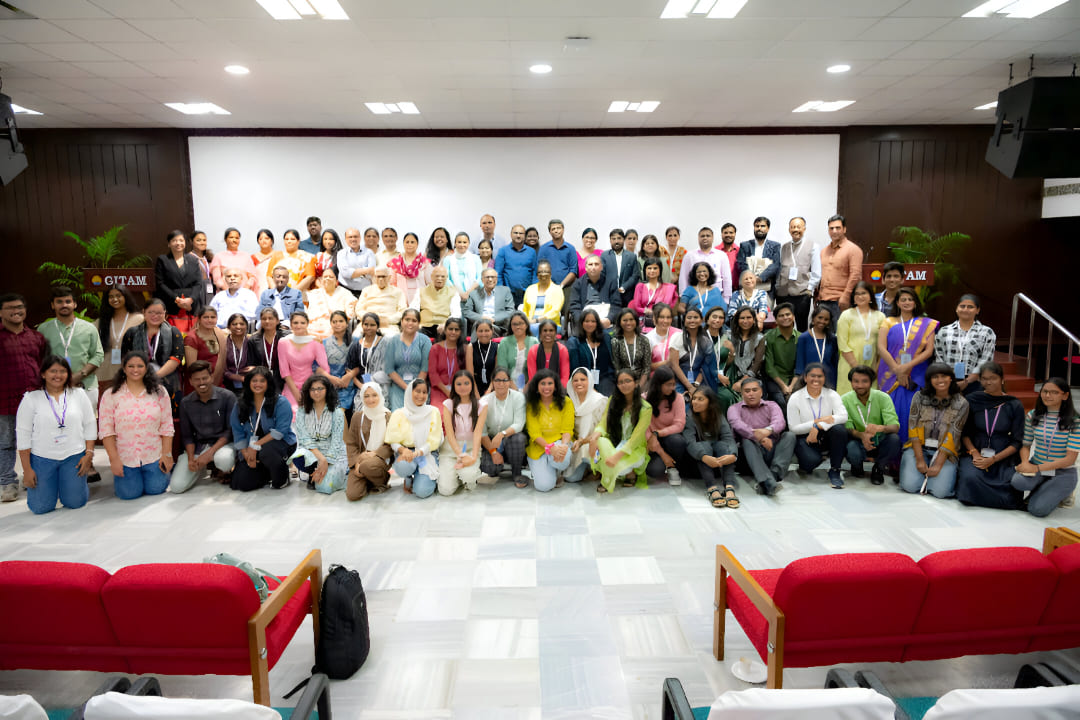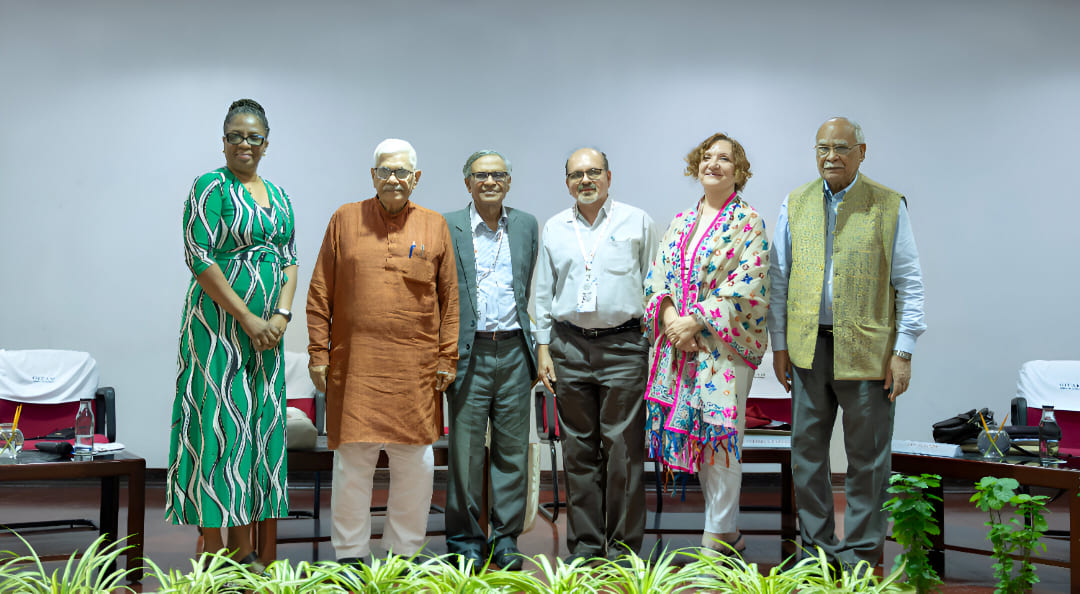The idea of National academy of Psychology (NAOP) was discussed in a gathering of some young and some senior psychologists attending a national Seminars on Applied Social Psychology in India organized by Professor Girishwar Misra at Bhopal
University, Bhopal in central India in 1985 and 1987. The scholars discussed a common objective of setting up a good professional organization which can provide a national forum and fulfill the need for serious scholars commited to the growth
of psychology in India. It was realized very intensively that professional associations and organizations are vehcles which transport the ideas, professional collaborations, and blending of minds. The NAOP (INDIA) was visualized to proide a
forum of for exchange of ideas and sharing of knowledge among psychologists working in various academic and applied fields all over India.
The NAOP seeks to promote the application and quality of teaching and research taking place within the field of psychology and also to promote multidisciplinary work for the betterment of quality of life of the citizens of India. Taking these
considerations in view the group at Bhopal signed a commitment on February 11, 1987 and entrusted Professor L.B. tripathi with the responsibility of drafting a constitution to give a concrete shape to the proposed organization which was to
avoid the traditional pattern of membership and elected office bearers. The Statutes drafted by Professor L.B. Tripathi discussed , modified and adapted in a meeting at the IIT Kanpur on February 24, 1989 and the NAOP was born.
It was decided to have a system of membership by invitation and to replace the executive body consisting of President, Secretary etc. by a small working committee with a Convener. The first annual convention of the NAOP was held on 7th and
8th February 1990 at Gorakhpur University, Gorakhpur. After some deliberation it was decided to register it as a society under the Societies Registration Act 1860 with the accepted Constitution. The NAOP was duly registered at Bhubneshwar
bearing the No. 2939 188 of 1990-91 on July 31, 1990 .
In year 2000, the NAOP decided to adopt the publication of Psychological Studies, a Journal started by late Professor B. Krishnan about five decades back. After negotiating with Prof. M.A. Faroqui, its Editor, the NAOP has assumed its
publication from the year 2000. Prof. G. Misra became the Editor of the journal.
NAOP constitution was modified in 2014. NAOP has grown in the last two decades and continues to serve Psychology in India.


